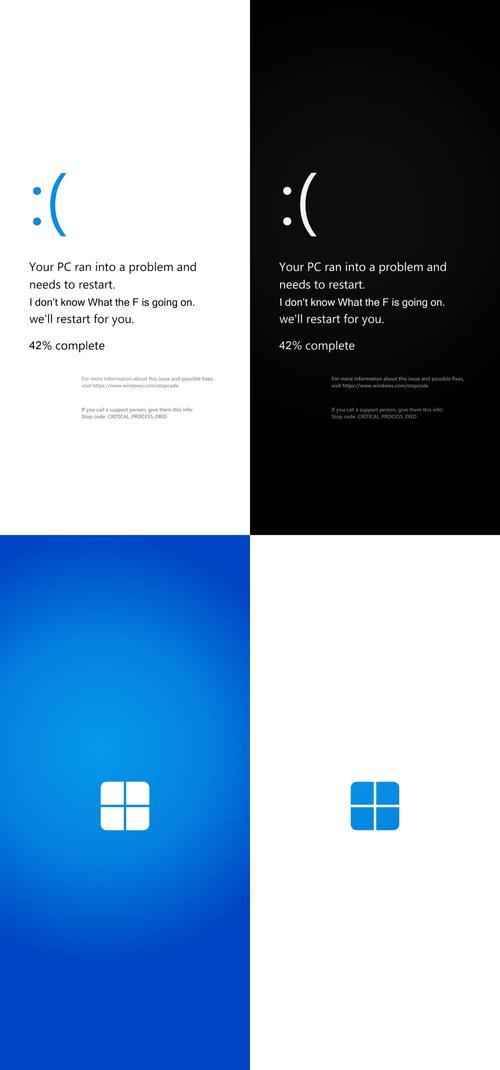
Become a ETH Validator: A Comprehensive Guide
Are you intrigued by the world of blockchain and Ethereum? Do you want to be a part of the network that powers the decentralized future? If so, becoming an Ethereum validator might be the perfect opportunity for you. In this detailed guide, we will explore the ins and outs of becoming an Ethereum validator, covering everything from the basics to the technical requirements.
Understanding Ethereum and its Network
Ethereum is a decentralized platform that runs smart contracts: applications that run exactly as programmed without any possibility of downtime, fraud, or third-party interference. The Ethereum network is powered by validators, who help secure the network and validate transactions.

Before diving into the process of becoming a validator, it’s essential to understand the Ethereum network’s structure. The Ethereum network is divided into nodes, which are computers that run the Ethereum client software. Validators are a subset of nodes that are responsible for validating transactions and creating new blocks.
The Role of a Validator
As a validator, your primary role is to ensure the security and reliability of the Ethereum network. Here’s a breakdown of the key responsibilities:
- Validate transactions: You will verify the validity of transactions submitted to the network.
- Propose new blocks: Validators are responsible for proposing new blocks to the network.
- Participate in consensus: Validators must reach consensus with other validators to finalize blocks and add them to the blockchain.
- Enforce network rules: Validators must adhere to the Ethereum protocol’s rules and standards.
Technical Requirements
Becoming an Ethereum validator requires a certain level of technical expertise. Here are the key requirements:
- Hardware: You’ll need a powerful computer with a minimum of 16GB RAM and a dedicated GPU. A high-speed internet connection is also essential.
- Software: You’ll need to install the Ethereum client software, such as Geth or Parity, on your computer. These clients allow you to connect to the Ethereum network and participate as a validator.
- Stake: To become a validator, you must lock up a certain amount of ETH as collateral. As of the time of writing, the minimum stake is 32 ETH.
- Knowledge: You should have a solid understanding of blockchain technology, Ethereum’s consensus mechanism, and the Ethereum protocol.
The Staking Process
The process of becoming an Ethereum validator involves several steps:

- Acquire ETH: You’ll need to purchase ETH to stake as collateral. You can buy ETH on various exchanges or through peer-to-peer platforms.
- Lock ETH: Once you have ETH, you’ll need to lock it up in a smart contract. This process is known as staking. The locked ETH serves as collateral and ensures that you are committed to validating the network.
- Install the client: Install the Ethereum client software on your computer and configure it to connect to the Ethereum network.
- Join the network: Once your client is running, it will begin to sync with the Ethereum network. After a few hours, you should be ready to start validating transactions.
Rewards and Risks
Becoming an Ethereum validator comes with both rewards and risks:
Rewards
- Transaction fees: As a validator, you’ll earn a portion of the transaction fees paid by users on the Ethereum network.
- Block rewards: When you successfully propose a new block, you’ll receive a reward in ETH.
Risks
- Collateral: If you fail to validate transactions correctly, your collateral (staked ETH) can be penalized or seized.
- Network downtime: If your computer is offline or experiences technical issues, you may miss out on rewards and face penalties.
Conclusion
Becoming an Ethereum validator is a rewarding and exciting opportunity to be a part of the decentralized future. By understanding the technical requirements, the staking process, and the risks involved, you can make an informed decision about whether becoming a validator is right for you.
Remember that the Ethereum network is constantly evolving, so staying up-to-date with the latest developments and best practices is crucial for a successful validation experience.



